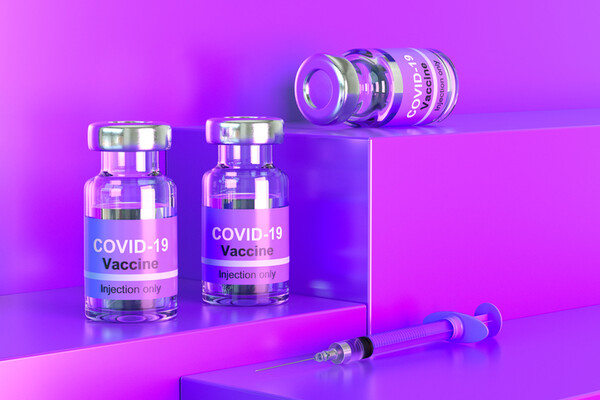As mRNA COVID-19 vaccine makers Pfizer and Moderna are considering price hikes, a local pharmaceutical association has argued that the government needs to continue to support local vaccine R&D in preparation for the implementation of annual immunization policy.

According to the first issue of the "Global Issue Panorama" report, published by the Korea Pharmaceutical and Bio-Pharma Manufacturers Association (KPBMA) on Tuesday, it is essential to develop bivalent vaccines and combo vaccines even during the endemic phase of the Covid-19 virus.
"The U.S. Food and Drug Administration (FDA) held a meeting on Jan. 26 to discuss annual Covid-19 vaccination and simplify vaccine formulation," the report read. "The FDA proposed one annual dose for adults, including those who have received two doses of Covid-19 vaccine or have tested positive for the disease."
The FDA also proposed an annual Covid-19 vaccination of two or more doses per year for children and other high-risk groups, including those who are immunocompromised, and to only use bivalent vaccines for both the initial and booster doses moving forward, the report added.
The KPBMA research team stressed that as the FDA guidelines may affect Korea's vaccination policies, it is important for Korea's vaccine industry to respond quickly and for government support to continue.
"There is only one locally-developed Covid-19 vaccine (SK Bioscience's SKYCovione) that has been successfully commercialized, and it is a single-dose vaccine for initial immunization," the team said. "As Moderna and Pfizer are considering raising the price of the Covid-19 vaccine to 160,000 won ($122) per dose, this is expected to impose a significant financial burden on Korea, which is highly dependent on overseas vaccines."
The team stressed that according to the Korea Disease Control and Prevention Agency, the average cost of purchasing Covid-19 from overseas pharmaceutical companies in 2021 was 20,504 won per dose, totaling up to 3.807 trillion won (79 million people, 152 million doses).
"The budget for the purchase of Covid-19 vaccines in 2023 was set at 215.1 billion for about 15 million doses, but if the price is raised to 160,000 won, the cost will surpass 2.4 trillion won," the team said.
The KPBMA team stressed that the government's support is most important.
"The efforts of companies such as ST Pharm, Eyegene, and Quartis, which are currently conducting domestic Covid-19 mRNA vaccine trials, are promising," the team said. "However, the government's clinical support budget for mRNA vaccines last year was only 10.5 billion won."
Considering that the cost of a phase 3 clinical trial for vaccine development is around 100 billion won to 200 billion won, more is needed to help companies develop an mRNA vaccine, the team added.
The team stressed that a recent survey conducted by the association on 159 Korean vaccine developers confirmed that the lack of R&D funding is the biggest challenge for vaccine R&D, with 47.2 percent (75 companies).
This was followed by a lack of manpower (25.2 percent), a lack of infrastructure (22 percent), and difficulty in securing vaccine raw materials (15.7 percent).
"In contrast, the U.S. government has provided more than $31.9 billion in direct and indirect support for Covid-19 mRNA vaccine development, including research, production, and procurement, of which $337 million was invested before the pandemic," the team said.
If the government plans to implement annual vaccination against Covid-19 in the future, it is necessary to expand the scope of government R&D funding, including clinical support for vaccine development, and make efforts to build a competitive product line, including mRNA vaccines, bivalent vaccines, and combo vaccines with seasonal influenza, the team added.

